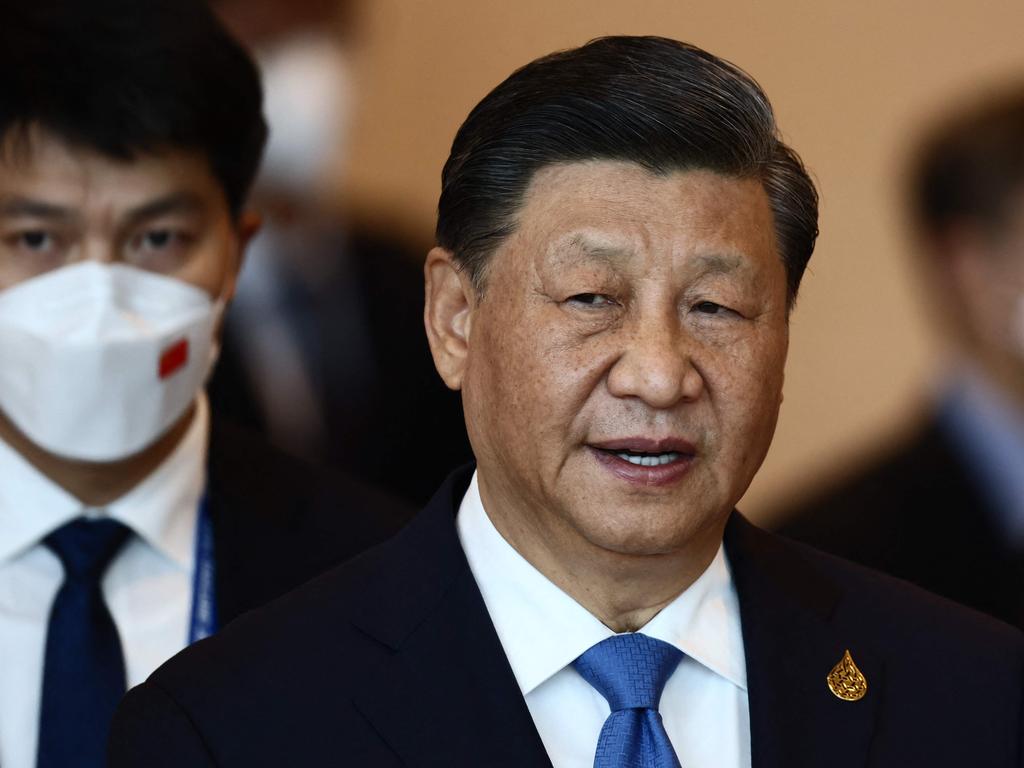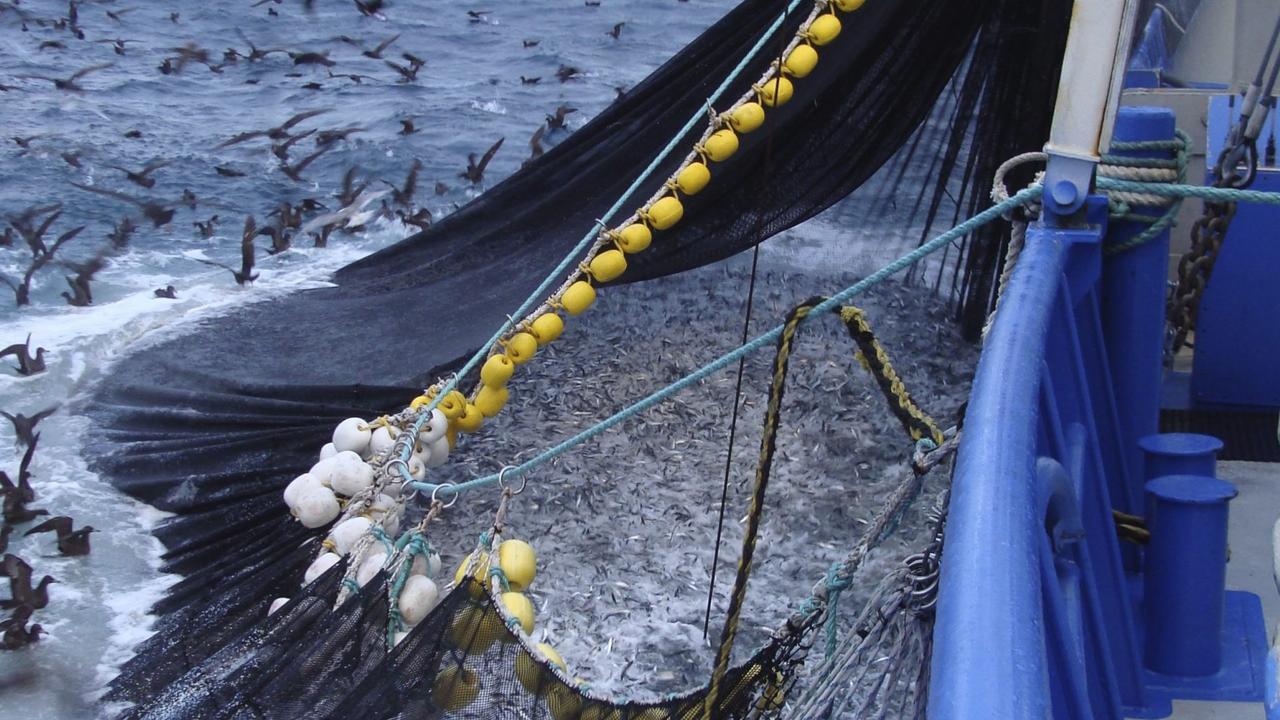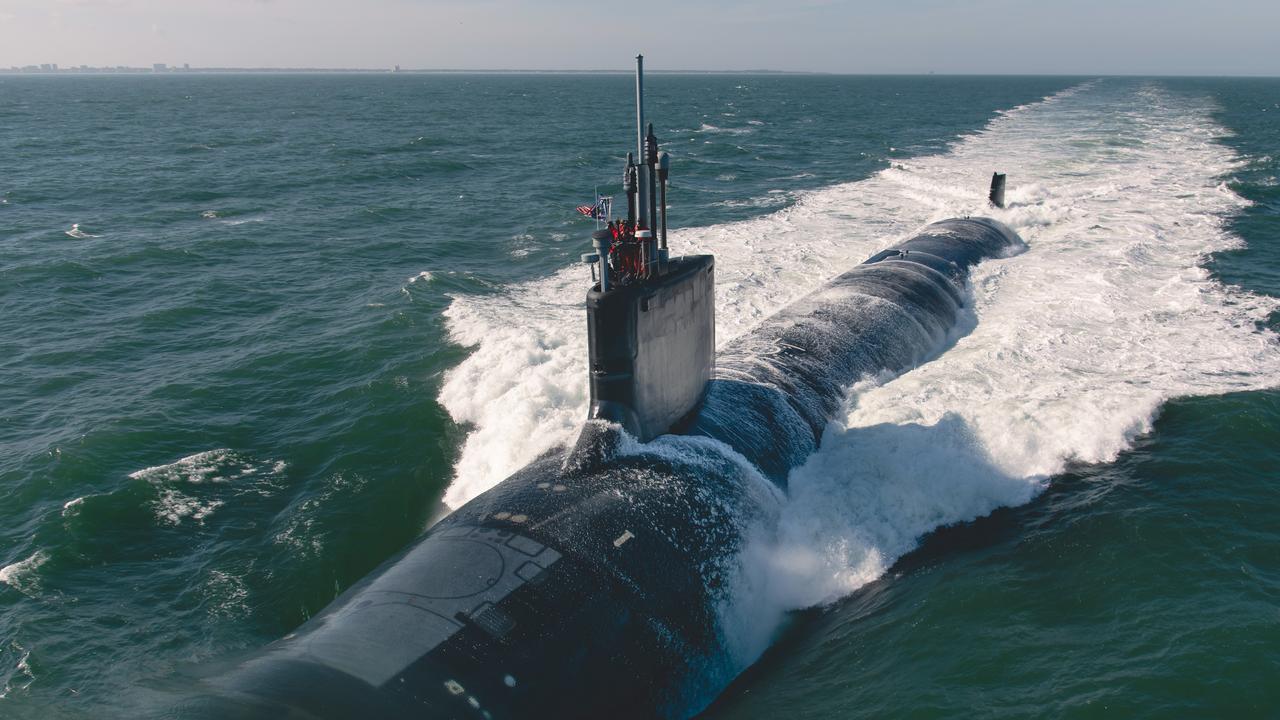Chinese checks a test for Covid freedom: business warns
Business warns against unwinding the commitment to living with Covid-19 after the Albanese government imposed mandatory testing for Chinese travellers.
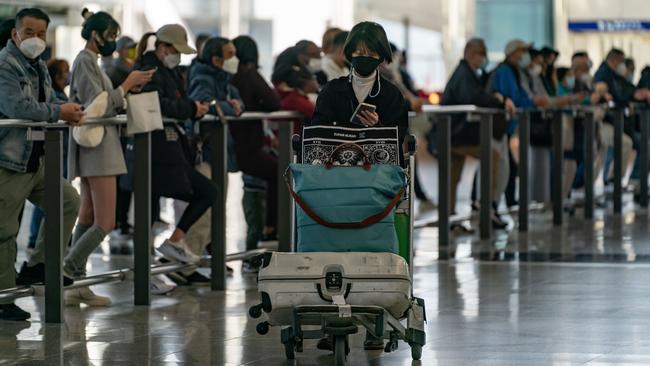
Business is warning against unwinding national cabinet’s commitment to living with Covid-19 with minimal restrictions after the Albanese government imposed mandatory testing for Chinese travellers entering Australia.
From Thursday, people coming from China will need to test negative to Covid-19 before entering Australia amid growing global concerns about Beijing’s transparency in managing a massive spike in cases after abandoning its Covid-zero policy.
Health Minister Mark Butler said there was no evidence of new variants of the Covid-19 virus coming out of China, but backed the concerns of the World Health Organisation about the transparency of China’s handling of its increase in cases and the absence of genomic sequencing information used to detect new strains.
Mr Butler said Australia was well placed to handle any uptick in cases but would impose the temporary restrictions on Chinese visitors out of an “abundance of caution”.
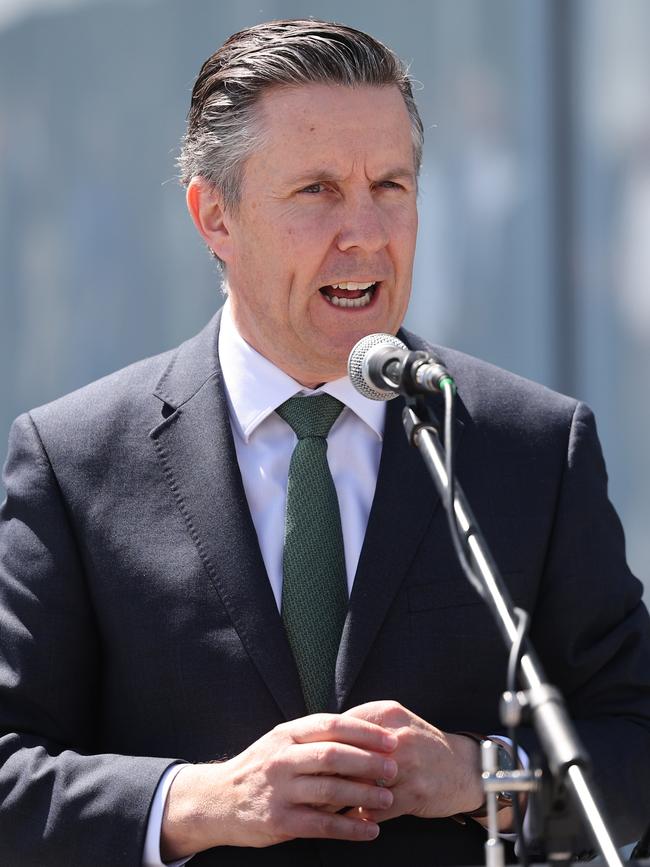
The rules – recommended by chief medical officer Paul Kelly – will be in place ahead of China reopening its borders to Australian travellers on January 8.
The Business Council of Australia warned against retreating on the decision by federal, state and territory governments to live with Covid-19 without broad-based restrictions.
“We have to take a risk-based approach to managing these challenges, that’s just a part of living alongside the virus,” a BCA spokesman said.
“Any changes that make it harder for businesses to get investment and critical skills into the country or that keep families separated should be carefully considered against the benefits they’ll actually deliver.
“We can’t afford to retreat when it comes to keeping the economy and borders working.”
The US, Britain, India, Japan, Malaysia, France, Italy, Canada and South Korea are among other nations that will demand Chinese travellers prove they are Covid-free, although the European Union has rebuffed some member states and labelled the screening requirement “unjustified”.
With case numbers exploding after ditching China’s Covid-zero policy last month, President Xi Jinping on Saturday claimed the “light of hope is right in front of us”. “Epidemic prevention and control is entering a new phase … Everyone is working resolutely, and the light of hope is right in front of us,” Mr Xi said in a televised address for the new year.
With the Albanese government attempting to mend bridges with China, Mr Butler said the decision did not come lightly.
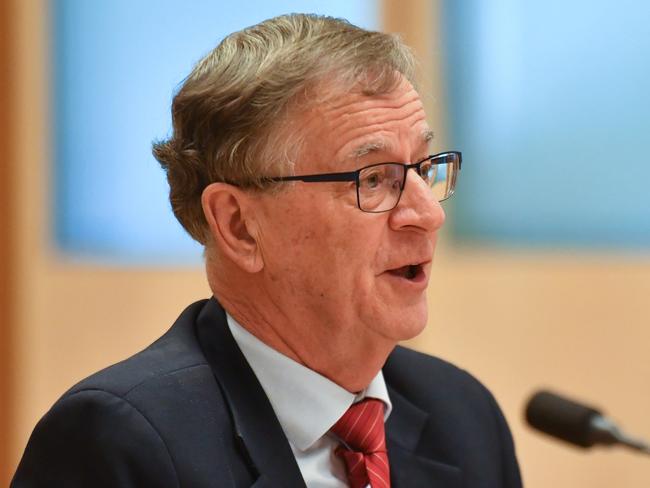
“This is a temporary measure reflecting the lack of comprehensive information right now about the situation in China,” Mr Butler said. “This is a decision taken out of abundance of caution to provide the Australian government and the community with as much information as we possibly can get about a fast-evolving situation.”
Mr Butler said the government would advise in the coming days on whether a negative rapid antigen test would be sufficient to come into Australia, or whether a PCR test equivalent would be required. “(The key) is to ensure that those tests are verifiable and robust,” he said.
Former deputy chief medical officer Nick Coatsworth criticised the government’s decision to impose testing requirements on Chinese travellers. “Why put all the effort improving China relations at risk by imposing testing on inbound travellers, given it is unlikely to impact Covid-19 control in Australia?” he tweeted.
Infectious diseases expert Peter Collignon said it was not necessary to screen Chinese people entering Australia.
“I don’t actually see it will make much difference. They don’t have, as far as we are aware, any new variants that aren’t already circulating,” Professor Collignon said.
“One or 2 per cent of Australians at any one time have probably got Covid. So the net contribution of Chinese people coming here will probably be pretty minimal.”
Professor Collignon said he believed there would be lower hospitalisations and deaths in Australia from Covid in 2023.
“The reason 2022 was relatively so bad for us is because it was the first time the virus went through the community,” he said.
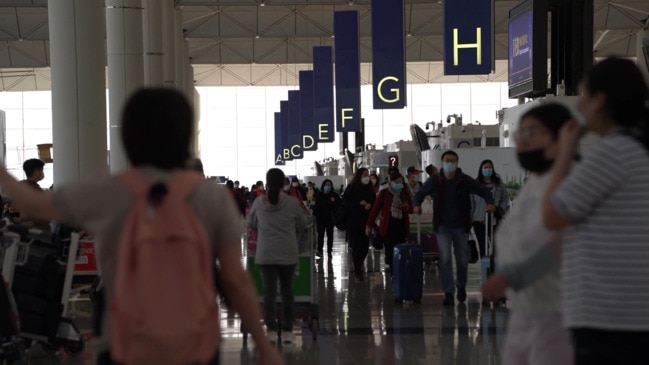
“Most of your problems occur the first time you contract the virus, and much worse if you are not vaccinated.
“That is now all changing because at least 80 per cent of Australians have been infected. And there is really no evidence that new strains that are coming through are worse than what we have had before.
“In fact you could argue the Omicron is less aggressive than the original Wuhan strain.”
Tourism and Transport Forum chief executive Margy Osmond said the screening requirements would be a “bit of a blow” to the industry. “Obviously it is a bit of a blow in the sense that China is an incredibly significant market for Australia,” Ms Osmond said.
“However, we also have to be conscious of appropriately protecting our domestic market, and our potential larger international visitors. Obviously health advice has now indicated that Australia will follow the action of other countries.”
Australian Medical Association president Steve Robson endorsed the government’s decision, but is pushing for a fresh advertising campaign to encourage more Australians to take their third and fourth Covid vaccinations.
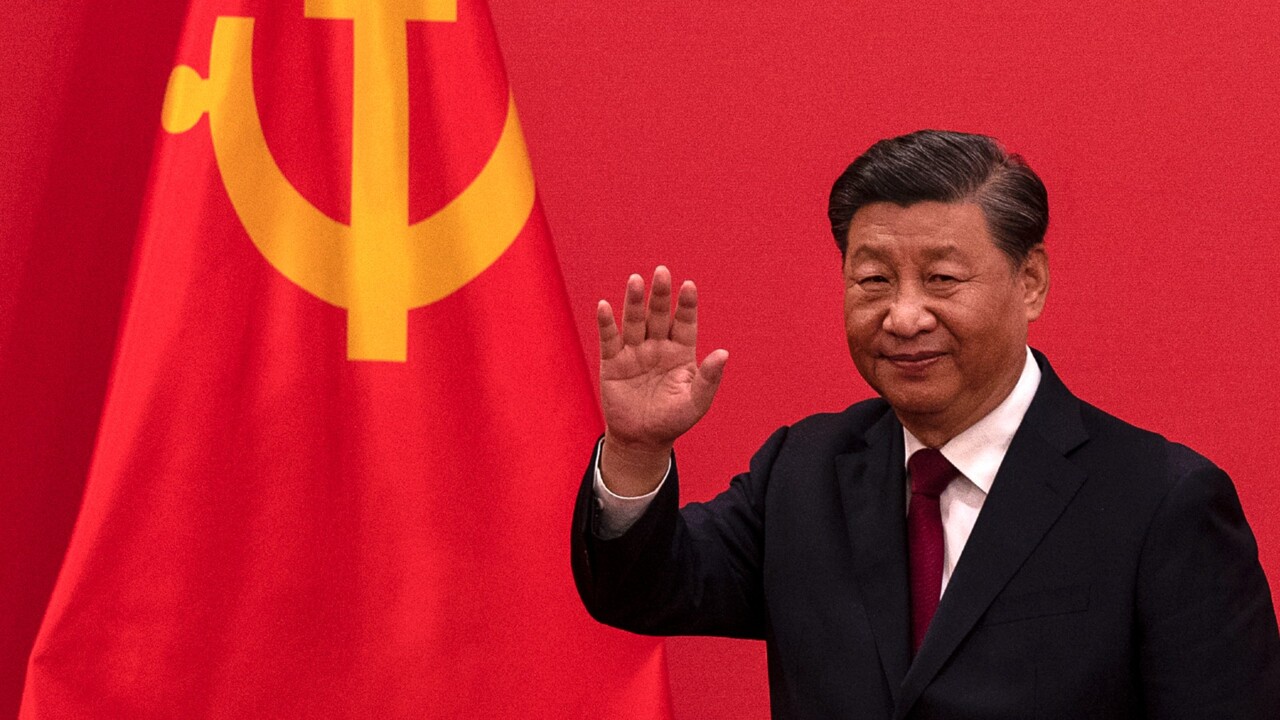
Professor Robson said there should also be an advertising campaign promoting the benefits of wearing masks in high-risk environments such as public transport.
“I get completely that mandates are hard to enforce and very unpopular but they don’t need to be mandated,” he said.
“If we get a campaign that says ‘we know they work, the evidence is they work, and we really want to protect older and vulnerable Australians’ … then it should be a thing that we don’t have to mandate.
“That people see it as a cheap public health measure that protects other Australians.”
Universities Australia chief executive Catriona Jackson said it was a “sensible measure in response to the evolving situation in China”. “Importantly, this decision does not close the door to Chinese students returning to Australia to start or continue their university studies,” she said.
“Australia’s universities are ready to welcome back international students and we will be working closely with government and students to ensure their safe return to our campuses.”
West Australian Premier Mark McGowan, who is aiming to visit China this year, said it was important to listen to the health advice in managing Covid-19.
“These new measures are only temporary, and similar measures have been implemented in countries across the world,” he said.

